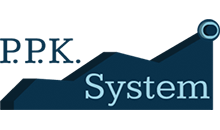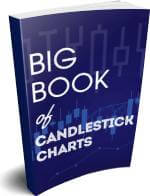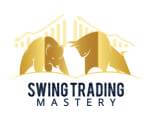At Trading Tips our goal is to produce some of the best unconventional moneymaking strategies available to the individual trader. Founded in 2006 as an independent publisher of investment newsletters, our products and advisory services teach regular people how to become better and smarter traders.
We believe the best way to accomplish that is by establishing long-term relationships with our readers and subscribers. And that’s why we consistently offer trial subscriptions to all of our readers. We do this not to make a profit but in an attempt to start building those relationships.
To us at Trading Tips
, this is the most important step in our business model. It builds trust and it gives our customers the chance to see the high-level research we conduct, the clear, honest information we provide, and a chance to experience our track record of success.
Our ultimate goal, of course, is to build lifetime relationships with as many of our customers as possible.
Our headquarters are located in sunny Santa Monica, California.











